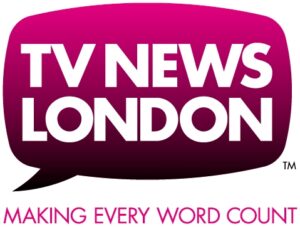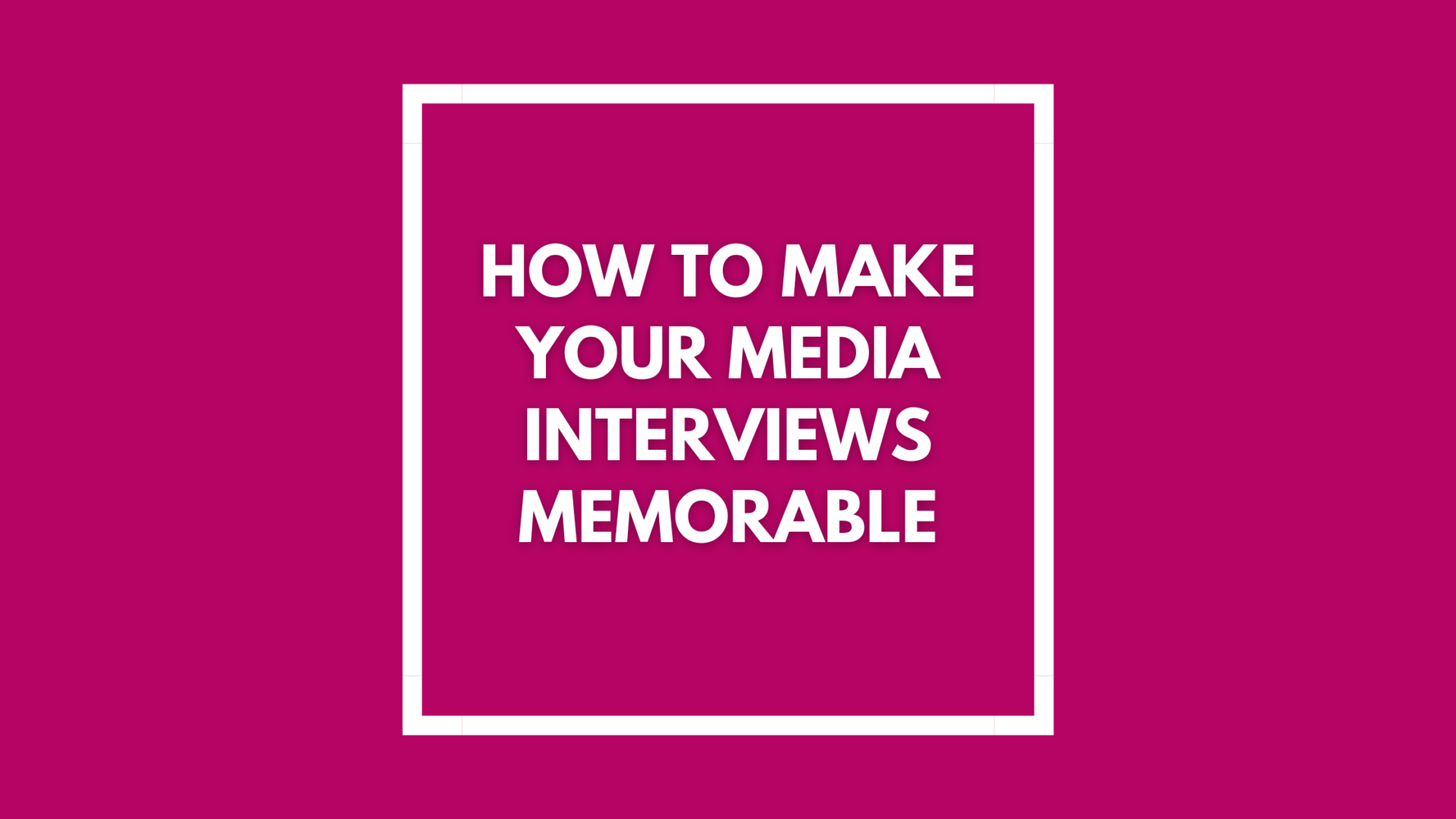By Roz Morris, Managing Director, TV News London
What will people remember about your media interviews? People listen to and watch a lot of content every day. Why will they remember what you say? If you have some strong headline statements, they may remember these, but they will remember your messages even more if you talk about real people. Many people make the mistake of spending their entire interview supporting their key points with facts and figures. But they don’t talk about real life and real people.
This is a big mistake because people always remember stories about people. They are convinced by stories about real people. If you tell them how a real person has been affected by what you’re talking about, they are much more likely to remember what you’ve said, and – big wins here – repeat it to colleagues or friends and talk about it on social media.
When I was media training a senior businessperson from a large multinational corporation who was a country manager for an African country, he fell into this trap of not making his interview ‘real’. He gave a practice interview about his company’s work in Africa and in ‘his’ country in particular and he managed to include some important facts about his company’s new projects. However, he failed to mention that he lived in the country and that he had visited the projects he was talking about. This meant his interview was flat and merely theoretical instead of being interesting. I picked him up on this and in his second media training practice interview he included a description of a project he had visited and its distance from where he was living in the capital, how long it took to construct, how many local jobs it provided, as well as a positive comment from a local worker. This made his interview much more effective and memorable.
Expert Advice
- Always prepare real-life examples/anecdotes that will bring your headline messages to life.
- Talk about someone you or a colleague has met, or a case study from your report, or an interesting person featured in your exhibition.
- Don’t forget to mention if you have been to the village/town/city/country you are talking about and always highlight your own personal experience where relevant.
- You need to choose appropriate examples that really work to illustrate your main points.
- You must boil your stories down to under a minute – preferably 45 seconds. This takes work and it takes time, but it is really worthwhile.
To find out how to ensure that you do your best in your TV and radio interviews, and your presentations, contact us using our TV News London inquiry form below. We can talk you through the best media training and presentation training tailor-made for you.




